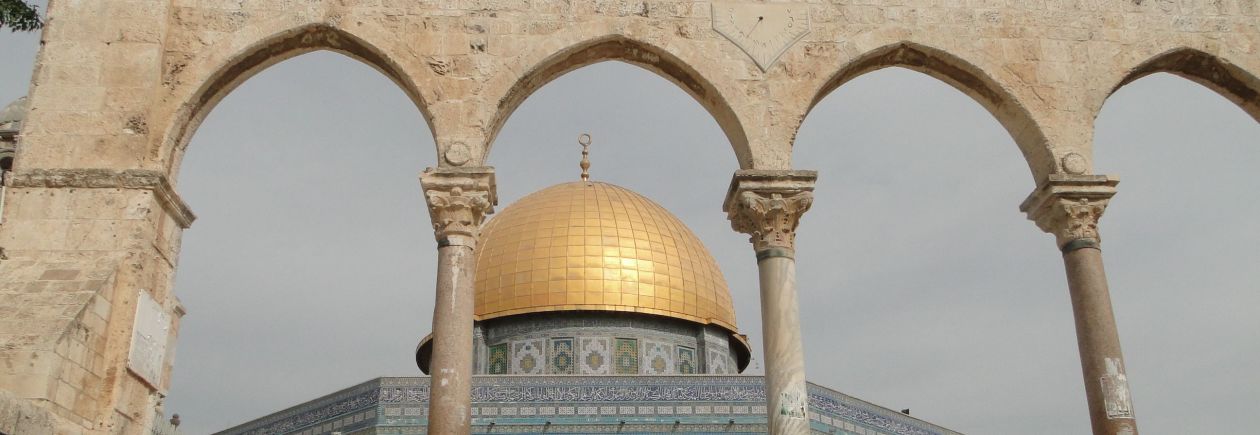Parallel crises
In August 1982, a delegation of nine South African colored and black pastors traveled to Ottawa, Canada for the meeting of the General Council of the World Alliance of Reformed Churches. The world body of churches in 107 countries, with some 75 million members, had no idea that an earthquake was about to shake their church fellowship and indeed the global church. Soon after the opening of the meeting, the South African delegates staged a history-changing demonstration in quietly refusing to take communion with their white colleagues. We will not sit at the Lord’s table with you, they announced, because in Apartheid South Africa, by law and by practice, white and black cannot receive the Eucharist together.
The World Alliance got the message. It suspended the South African member churches and declared the international fellowship to be in status confessionis: nothing else moves for our church until this betrayal of the core values of our faith is addressed. The global church on an ecumenical basis took the cue, supporting the South African resistance movements — armed and nonviolent — and the economic sanctions against South Africa, and in little more than a decade South African Apartheid was brought down.
In 1963, writing from a jail cell in response to a letter from fellow clergy urging him to abandon his campaign of sit-ins, marches, and boycotts, Reverend Martin Luther King Jr. called the church to its mission. “There was a time,” he wrote, “when…Christians rejoiced at being deemed worthy to suffer for what they believed. In those days the church was not merely a thermometer that recorded the ideas and principles of popular opinion; it was a thermostat that transformed the mores of society. But the judgment of God is upon the church as never before. If today’s church does not recapture the sacrificial spirit of the early church, it will lose its authenticity, forfeit the loyalty of millions, and be dismissed as an irrelevant social club with no meaning for the twentieth century.” For King and his followers, the gospels provided the blueprint for the Civil Rights movement’s strategy of nonviolent direct action.
In 1939, heartbroken over how the German church (with notable exceptions) had supported Nazism, Dietrich Bonhoeffer wrote that absent a “reformation crisis,” the church was in danger of becoming worse than irrelevant. Not only the pulpits but the departments of theology, he wrote to a friend, existed for the purpose of supporting state tyranny. He returned to Germany from the safety of New York City, called his “Confessing Church” together, and ultimately paid the ultimate price for faithfulness to his principles and to the church that he loved.
Judaism is facing a crisis today on the level of the reformation called for by Bonhoeffer in its confrontation with Nazism, on the level of the challenge that King threw down in the struggle to end legalized racism in this country, and on the level of the status confessionis faced by the global church in its recognition of the evil of Apartheid. The crisis for the Jewish establishment has arrived with the growing awareness that all is not right with our Jewish homeland project in historic Palestine.
 Mark Braverman is a Jewish American with family roots in Jerusalem. Traveling to Israel/Palestine in 2006 he was transformed by witnessing the occupation of Palestine and by encounters with peace activists and civil society leaders from the Muslim, Christian, and Jewish communities. In his writing and speaking Mark focuses on the role of religious beliefs and theology in the current discourse and the function of interfaith relations in the current search for just peace. Mark serves on the advisory board of Friends of Sabeel North America and is a cofounder of Friends of Tent of Nations North America, a nonprofit dedicated to supporting Palestinian land rights in historic Palestine. He currently serves as Executive Director for Kairos USA, a movement to unify and mobilize American Christians to take a prophetic stance for a just peace in Israel and Palestine. He is the author of Fatal Embrace: Christians, Jews, and the Search for Peace in the Holy Land and A Wall in Jerusalem: Hope, Healing, and the Struggle for Peace in Israel and Palestine. Mark blogs at The Politics of Hope. His writings, videos, and sermons can be found at www.markbraverman.org.
Mark Braverman is a Jewish American with family roots in Jerusalem. Traveling to Israel/Palestine in 2006 he was transformed by witnessing the occupation of Palestine and by encounters with peace activists and civil society leaders from the Muslim, Christian, and Jewish communities. In his writing and speaking Mark focuses on the role of religious beliefs and theology in the current discourse and the function of interfaith relations in the current search for just peace. Mark serves on the advisory board of Friends of Sabeel North America and is a cofounder of Friends of Tent of Nations North America, a nonprofit dedicated to supporting Palestinian land rights in historic Palestine. He currently serves as Executive Director for Kairos USA, a movement to unify and mobilize American Christians to take a prophetic stance for a just peace in Israel and Palestine. He is the author of Fatal Embrace: Christians, Jews, and the Search for Peace in the Holy Land and A Wall in Jerusalem: Hope, Healing, and the Struggle for Peace in Israel and Palestine. Mark blogs at The Politics of Hope. His writings, videos, and sermons can be found at www.markbraverman.org.
